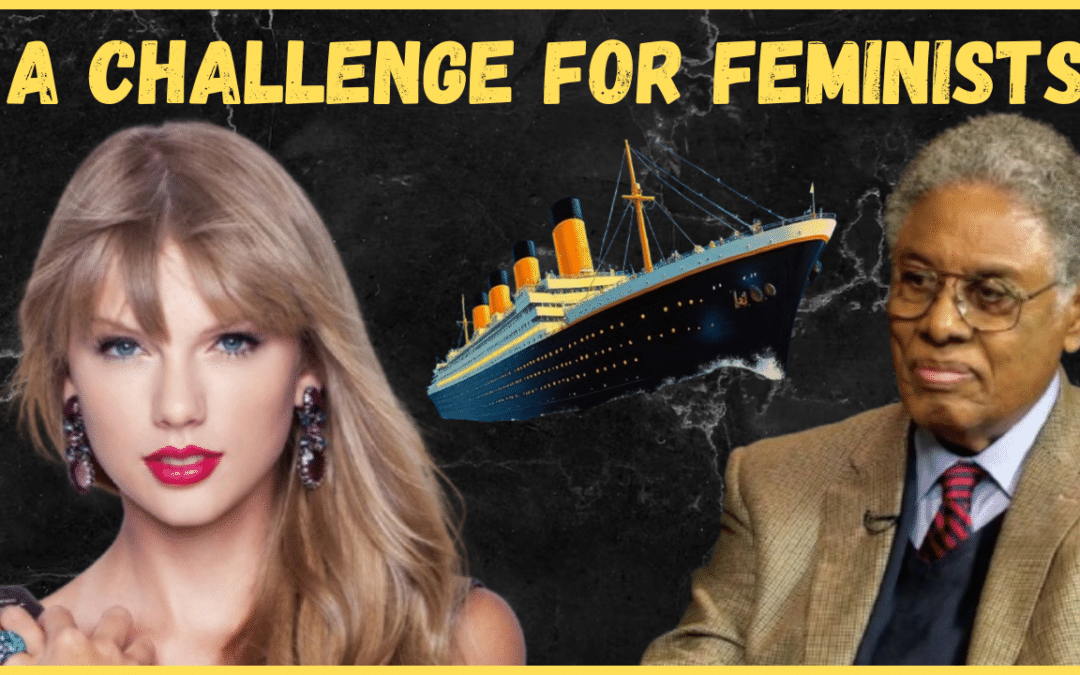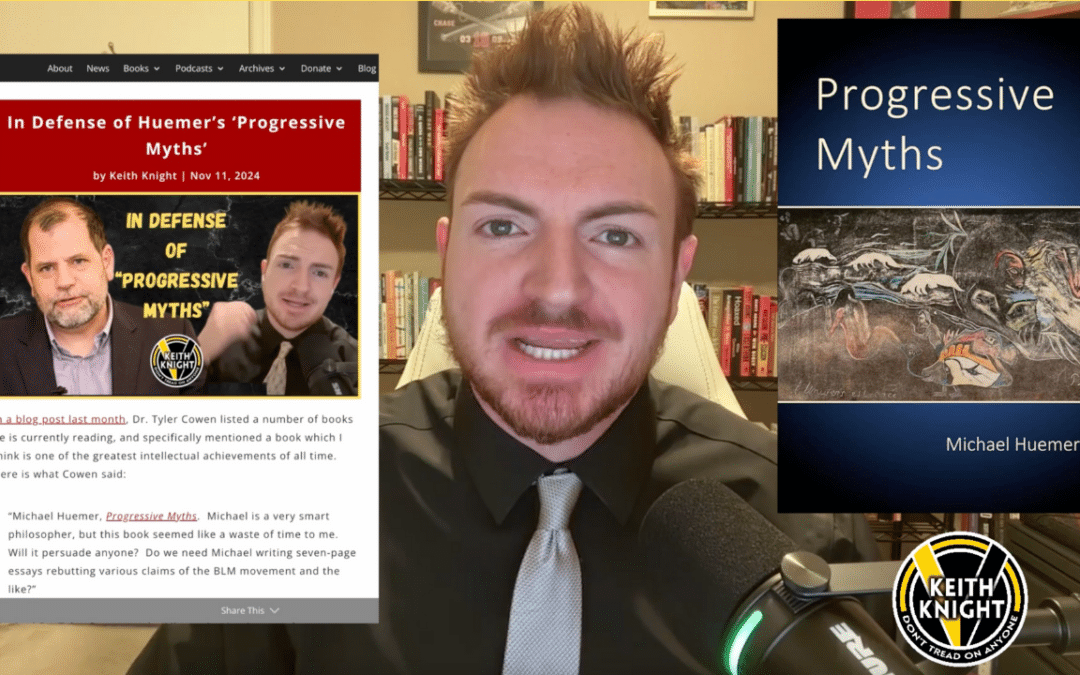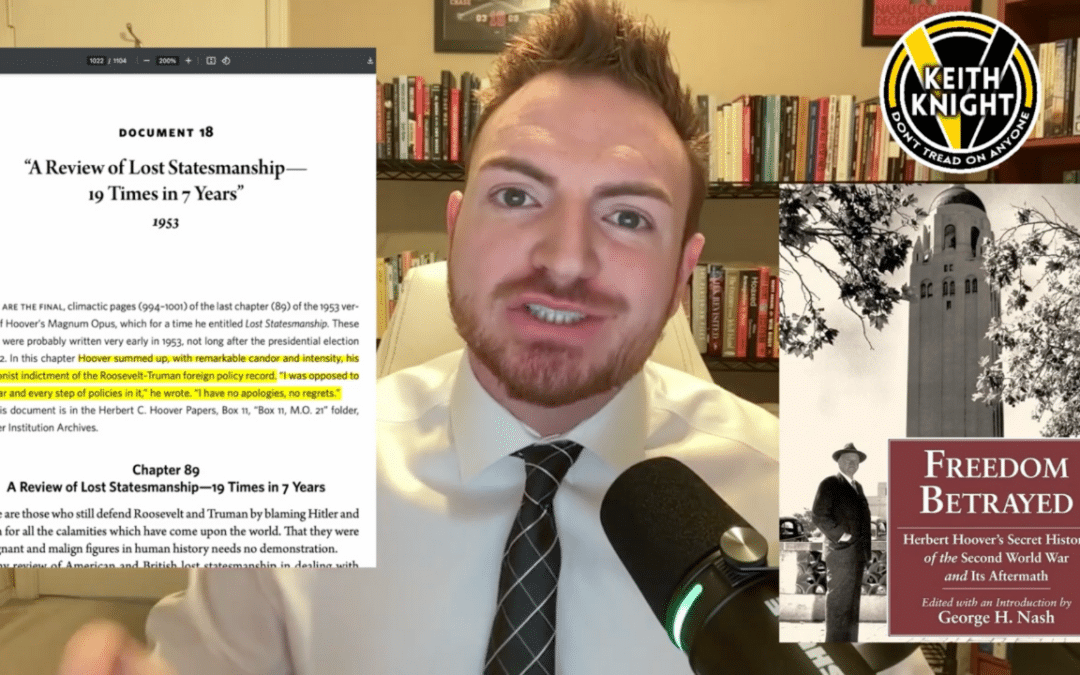https://youtu.be/8welI8CK50M Here, in a very simple summary, is what the Austrian theory says: 1) Interest rates can come down in two ways: a) the public saves more; or b) the central bank artificially forces them down. 2) Businessmen respond to the lower interest...

















